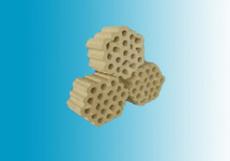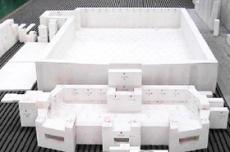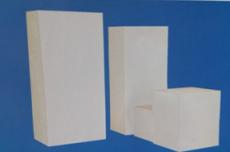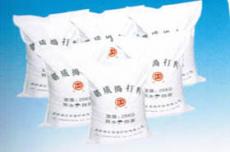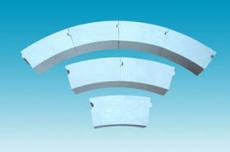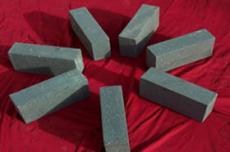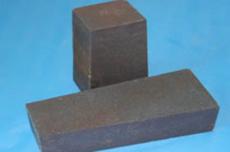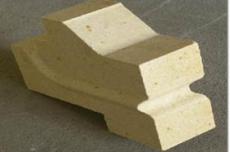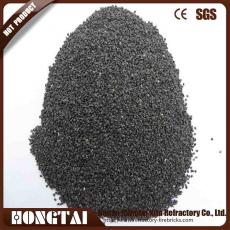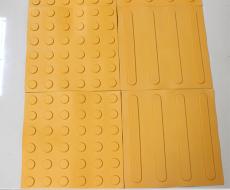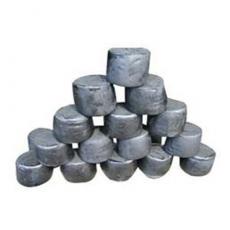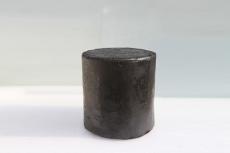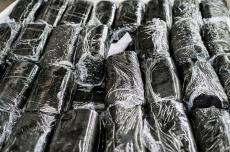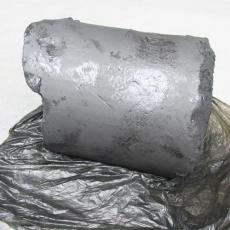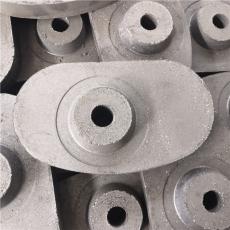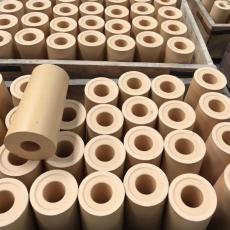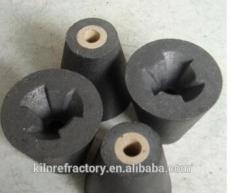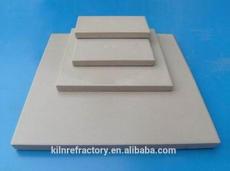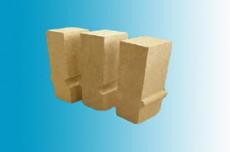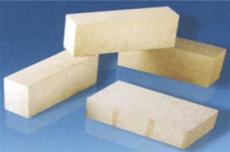The refractory material for Rotary kiln
Nov 11,2017
Rotary kiln is the calcination of the most critical large-scale production equipment, the level of its operation rate directly affects the normal operation of calcination and subsequent processes. China's major aluminum plant carbon plant, 45m kiln operating rate is generally low, mainly due to kiln castable lining damaged severely, stopping the kiln more, and cause calcined coke production is insufficient, affecting the normal production of the anode. Therefore, to extend the longevity of rotary kiln lining and improve the operation rate is one of the important issues in the research of aluminum carbon plant.
1, Rotary kiln lining damage analysis
Rotary kiln lining, mainly refractory castable mixed with binder after casting in the kiln mold. In the production of kiln lining observed the main reasons for the damage are as follows:
1.1 heavy (high aluminum and clay) castables
a, heavy material strength and thermal shock resistance is not enough, the line rate of change, the larger the construction joints and expansion joints. Therefore, fine red carbon particles along the gap into the erosion lining, resulting in lining damage, combined with uneven kiln body slight vibration, but also speed up the damage rate.
b, drying kiln heating curve is unreasonable, the kiln early heating up too fast, the accumulation of water in the lining of the rapid evaporation of water vapor can not be ruled out, the pressure exceeds the liner ultimate strength, resulting in parallel face cracking and surface spalling.
1.2 light castables
Light material is kiln lining thermal insulation layer, its strength and refractoriness is low, when the heavy material is damaged or shrinks serious, high temperature material into the lining, once in direct contact with it will melt loss damage, leakage from the construction joints Kiln skin caused by burning red.
1.3 duct and tertiary duct castables
a, duct castables in an external high temperature (1250 ± 50 ℃) internal ventilation and dynamic environment. As the temperature difference between inside and outside the duct is too large, resulting in the outer surface of the thermal stress exceeds its structural strength, and cracks. Crack expansion extends the tube wall castable damage so as to fall off.
b, pouring duct pouring material, in order to make castable fixed firmly in the wind pipe wall, welded φ6mm grab nail, when the duct castable fall off, some unsightly nail grab will fall off, so that the wind pipe wall Leave some small holes, these small holes in the high temperature oxidation, resulting in leakage of air duct burn.
1.4 rotary kiln with the conservation of castables
Casting curing time is not enough, or construction in winter, pouring material frozen, baked out of castable strength of less than technical requirements.
1.5 Kiln lining damaged other reasons
In addition to the above reasons, the quality of construction, improper operation and maintenance, and the life of kiln lining also have a great impact.
2, selected kiln lined refractory castable
Lining material performance is good or bad, directly affect the kiln life. If the lining material is not suitable for the work environment in the kiln, then how to build a furnace, drying kiln, the effect is not satisfactory. So choose a good kiln lining material, but also to extend the key part of the kiln age. Therefore, in order to improve kiln lining life, the choice of lining material should pay attention to the following points:
a, refractoriness, at 1450 ~ 1500 ℃ temperature does not deform, not softened;
b, high temperature stability of the volume stability and reduction atmosphere is good, the general line rate of change below 1% of the most ideal, as the rotary kiln lining, the line rate of change as small as possible.
c, good thermal shock resistance, anti-rapid impact of heat shock;
d, high temperature mechanical strength, wear resistance, erosion resistance.
Page URL:http://www.firebricks-supplies.com/news/industry_news/182.html

